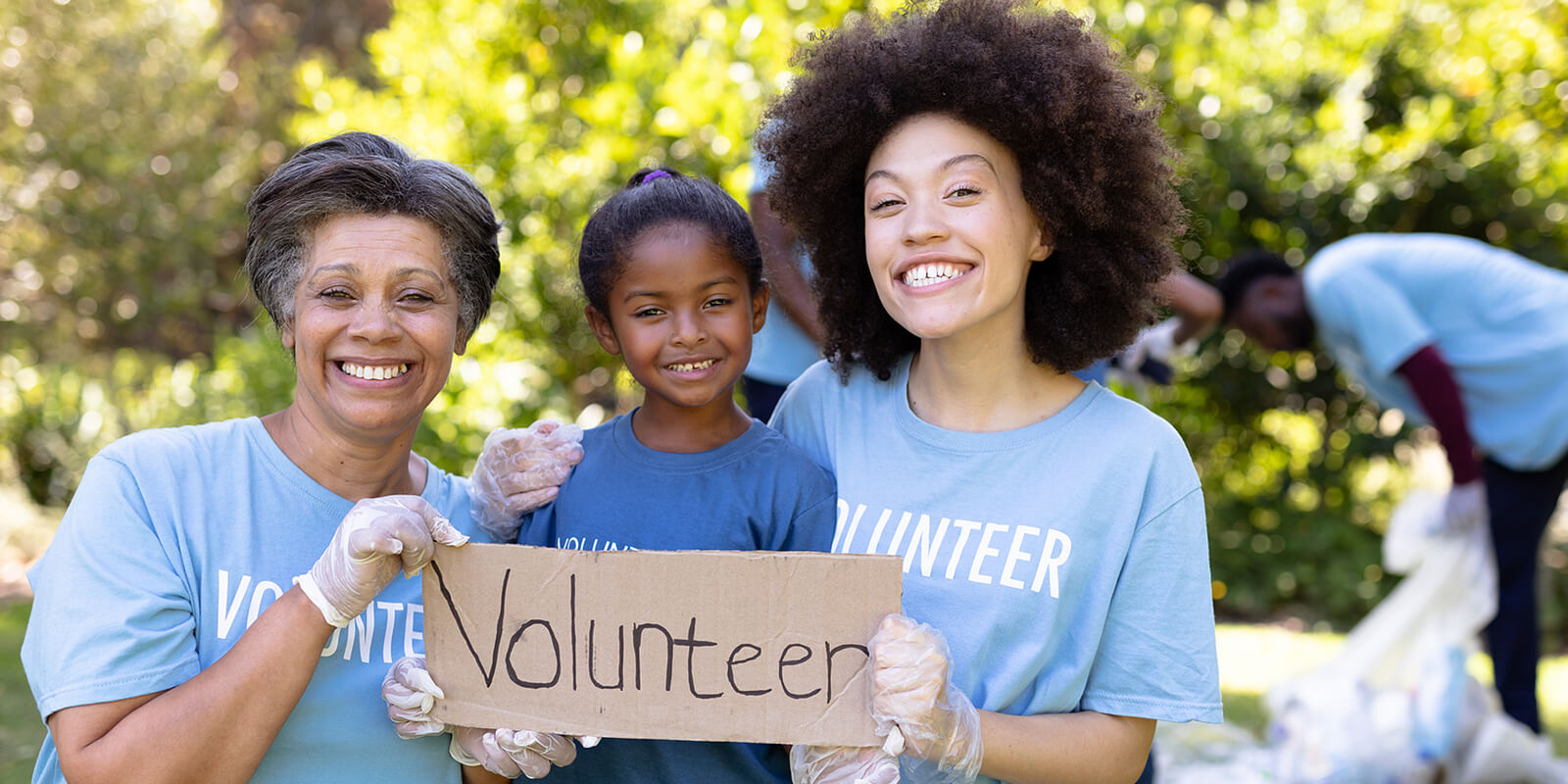Volunteering is an act of giving one’s time and resources to help others without expecting anything in return. It is a selfless act that can have a significant positive impact on both the volunteer and the community. In this article, we’ll explore the many benefits of volunteering and how it can improve your life and your community.
What is volunteering?
Volunteering is an act of kindness that involves dedicating time and effort towards helping others. It can come in many forms, such as working at a local food bank, organizing fundraising events for charities, or participating in environmental cleanup efforts. Volunteering can be done individually or as part of a group, and can be done on a regular or occasional basis.
How does volunteering affect the individual?
Volunteering can have a positive impact on the mental and physical health of individuals. Some of the ways that volunteering can benefit an individual include:
- Improved mental health: Volunteering has been linked to lower rates of depression, anxiety, and stress. It can also provide a sense of purpose and fulfillment, which can improve overall well-being.
- Improved physical health: Volunteering can help improve physical health by reducing the risk of chronic diseases such as heart disease and diabetes. It can also increase physical activity levels and improve mobility.
- Increased sense of purpose and fulfillment: Volunteering can provide a sense of purpose and fulfillment by allowing individuals to contribute to a cause they care about and make a difference in the lives of others.
- Improved social connections and relationships: Volunteering can provide opportunities to meet new people and develop meaningful relationships, which can improve social connections and overall quality of life.
How does volunteering affect the community?
Volunteering can have a positive impact on the community by:
- Providing much-needed services: Volunteering can help provide much-needed services to those in need, such as food banks, shelters, and hospitals.
- Increasing sense of community: Volunteering can increase the sense of community by bringing people together to work towards a common goal.
- Improving quality of life: Volunteering can improve the quality of life for those in need by providing access to resources and support.
What are the types of volunteering?
There are several types of volunteering, including:
- Direct service: This involves hands-on work with individuals or communities, such as serving meals at a soup kitchen or volunteering at a homeless shelter.
- Indirect service: This involves supporting an organization or cause without working directly with individuals, such as fundraising or event planning.
- Skills-based volunteering: This involves using specialized skills or expertise to help an organization or cause, such as offering legal services or accounting support.
- Virtual volunteering: This involves volunteering online, such as through virtual tutoring or social media support.
How can you get started with volunteering?
Getting started with volunteering is easy. Here are some tips to help you get started:
- Identify your personal interests and passions.
- Research local volunteer opportunities.
- Find a volunteer organization that aligns with your personal values.
- Overcome common barriers to volunteering, such as time constraints or transportation issues.
In conclusion, volunteering is a wonderful way to give back to your community while also improving your own life. By improving mental and physical health, providing a sense of purpose and fulfillment, and improving social connections and relationships, volunteering can have a positive impact on individuals and communities alike. With a little effort and dedication, anyone can start making a difference through volunteering.





